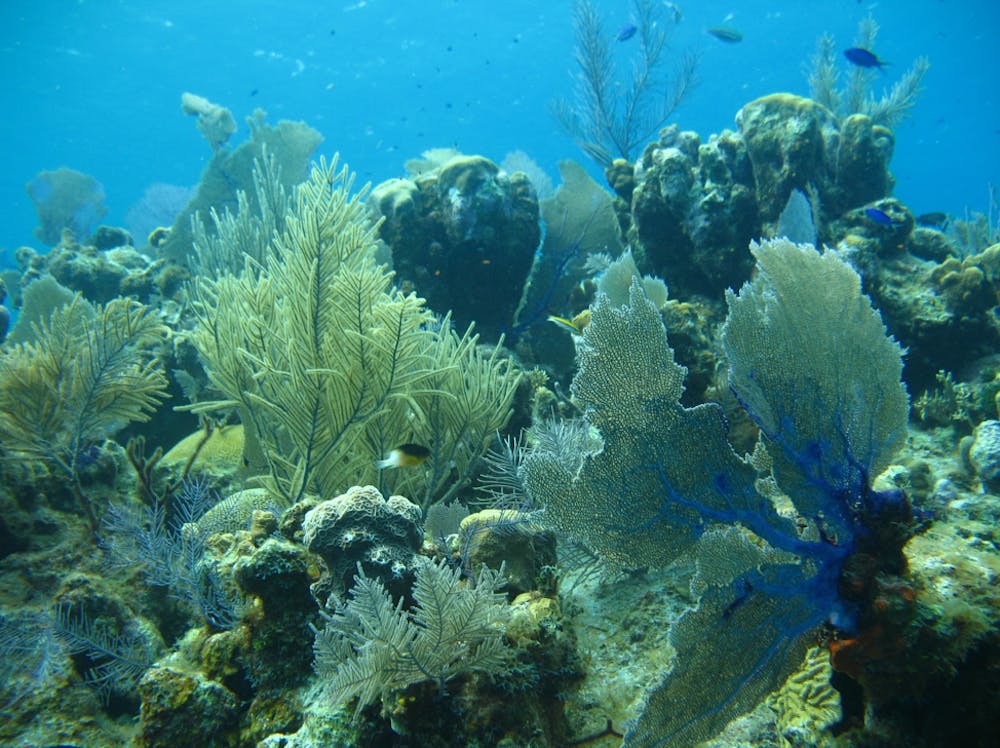The coral reefs are dying, and the world's small-scale quick fixes are failing. A new study led by UNC Professor John Bruno details the techniques being used to combat coral reef depletion and how they are not enough to keep reefs from perishing.
The study began with a group of UNC undergraduates about two years ago and has since developed into a multi-university research study. The group studied coral reefs off the coast of Florida and in the Caribbean to learn if the current policies of protection were doing their job.
The main problem causing the reefs to die is ocean warming, Bruno said. The theory behind managed resilience, according to the study, is to cut back other stressors, like overfishing and polluting, so the reefs can better recover and are more “resilient” to damages done by ocean warming.
“The only problem is that when we looked critically at studies that test this idea, there is no evidence that it works,” said Isabelle Côté, professor at Simon Fraser University.
Côté said that, unfortunately, climate change is one of the hardest environmental challenges to tackle.
"So lots of people prefer to look at secondary, more tractable, causes of environmental change and there is a general feeling that if we tackle enough of these local, minor threats, then ecosystems might be able to cope with climate change," Côté said. "This is simply not true.”
Côté said these practices still are important and often lead to higher fish populations as well as a multitude of other benefits. Bruno, Côté and Lauren Toth's research found hundreds of field studies that documented the strong positive connection between high ocean temperatures and coral bleaching.
As a result, Bruno said the larger issue of ocean warming is just too big for these smaller initiatives to handle.
“I think they are just getting swamped by the much stronger, much bigger, more pervasive signal of (ocean) warming,” Bruno said.



